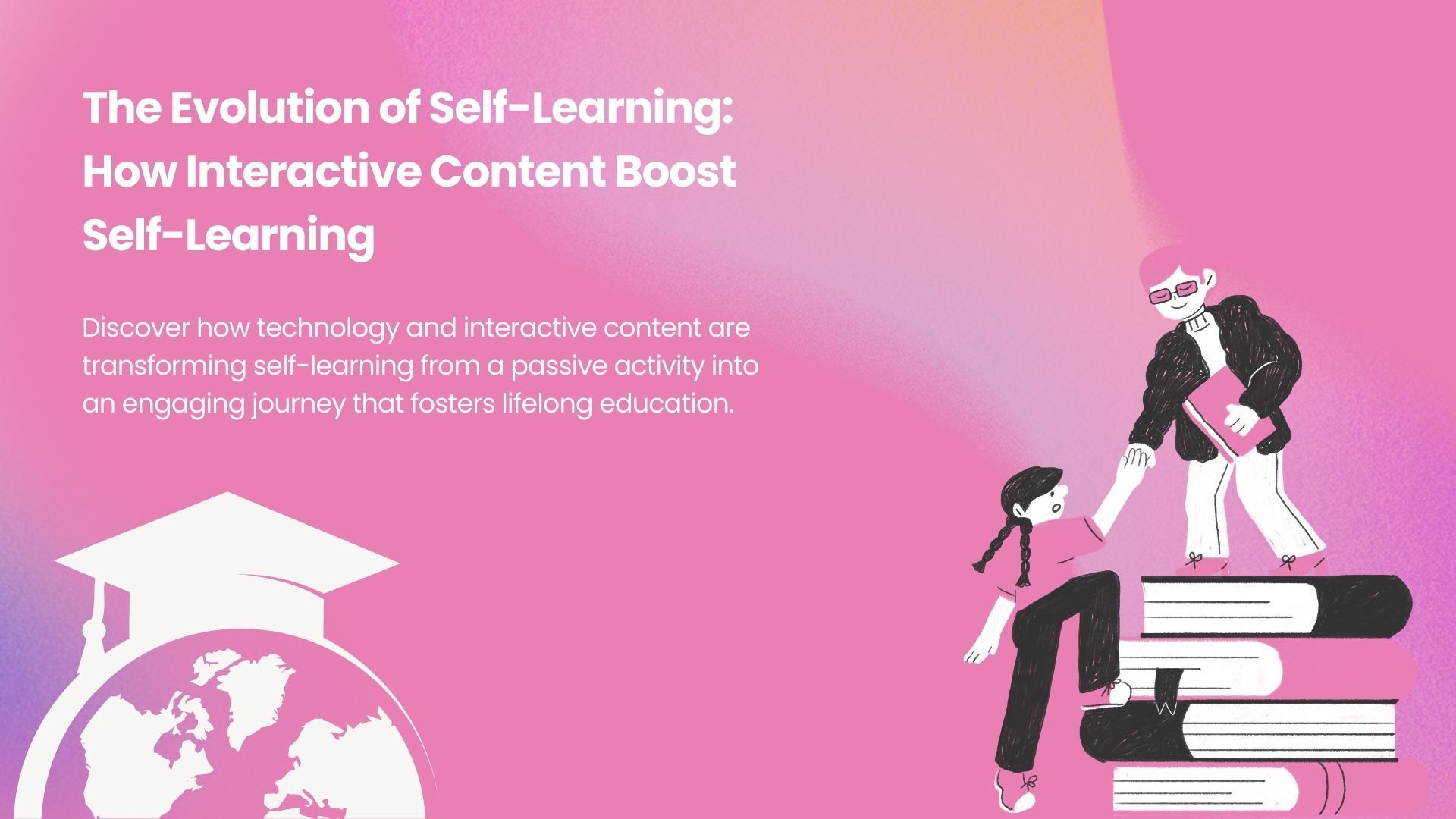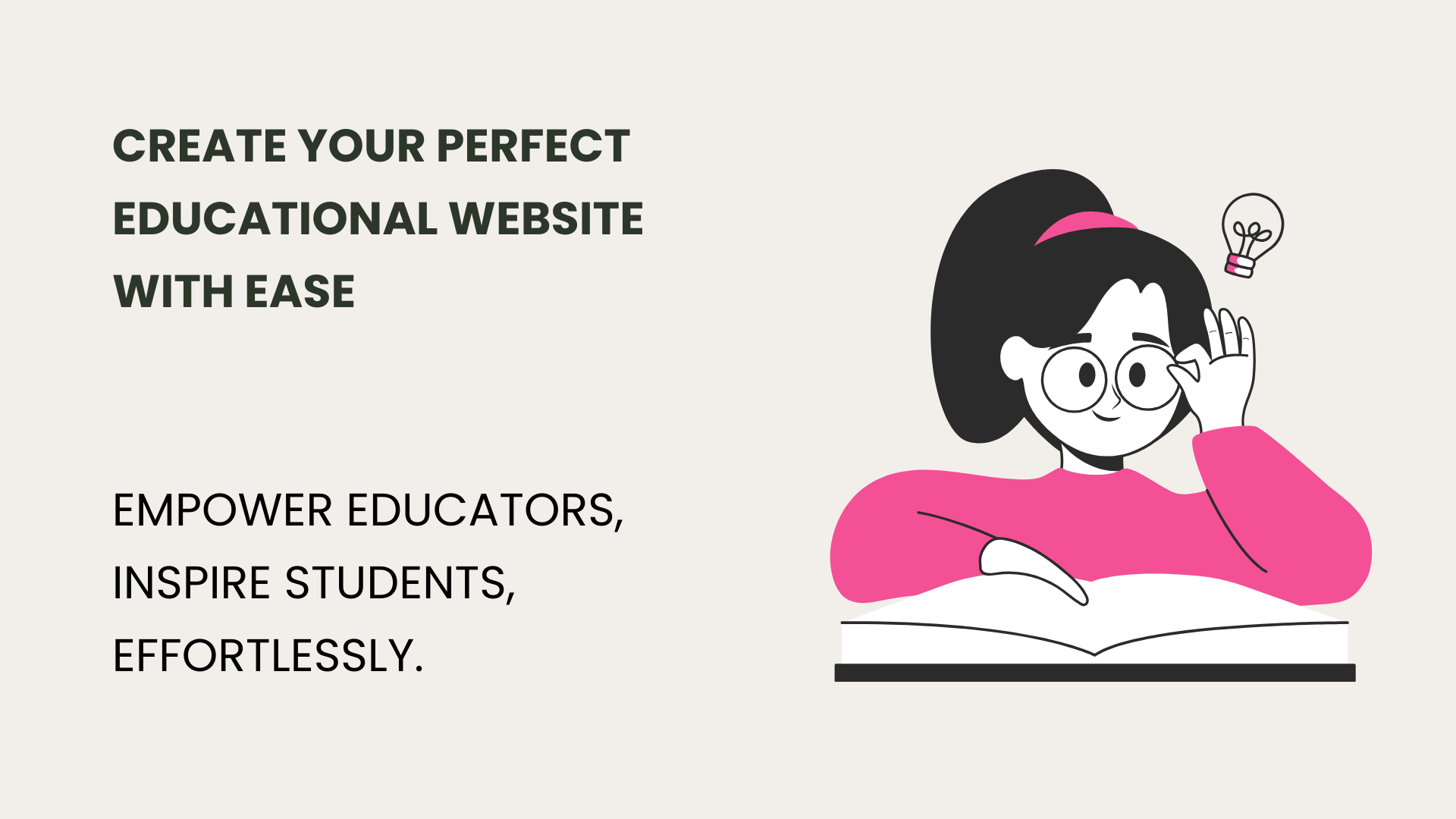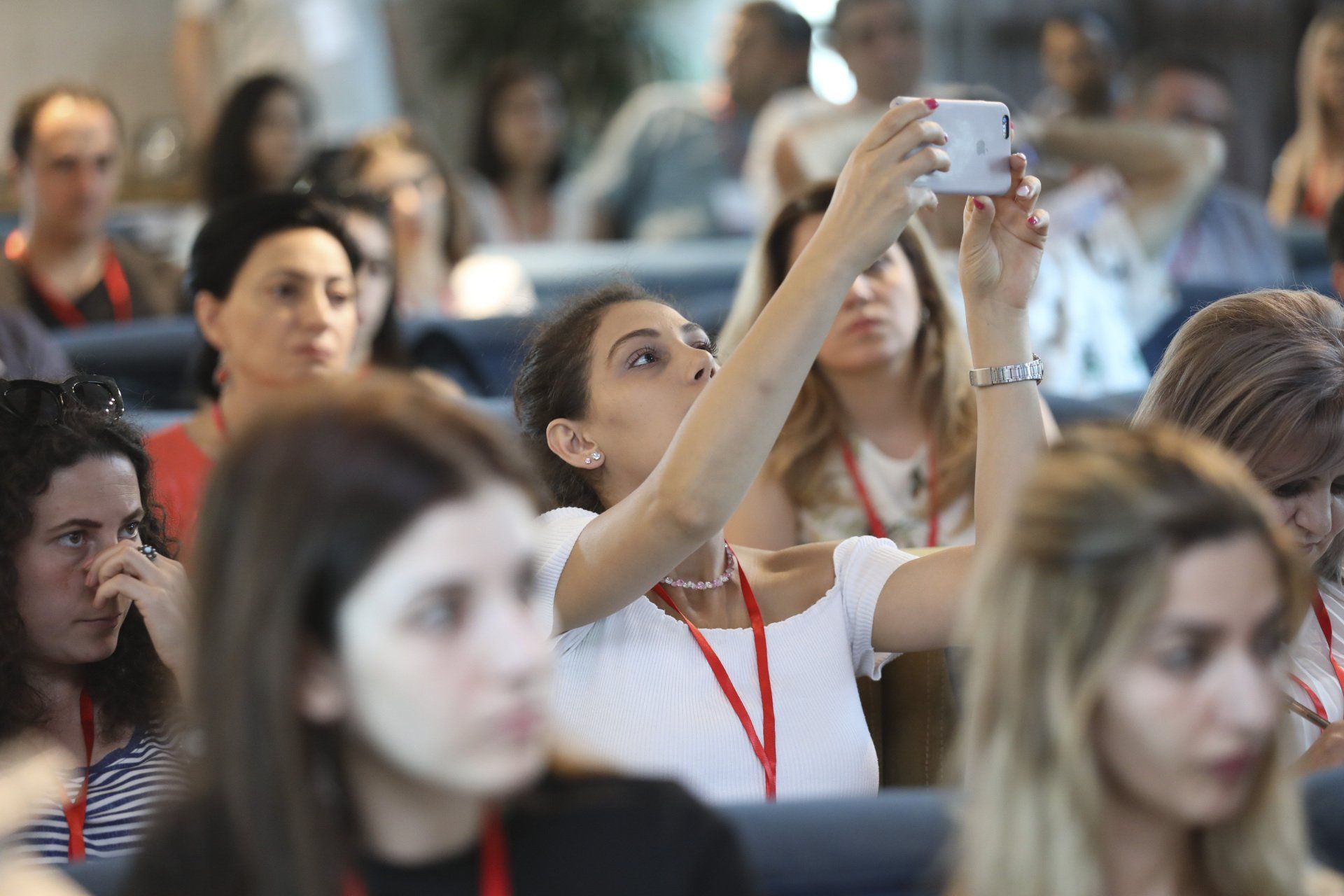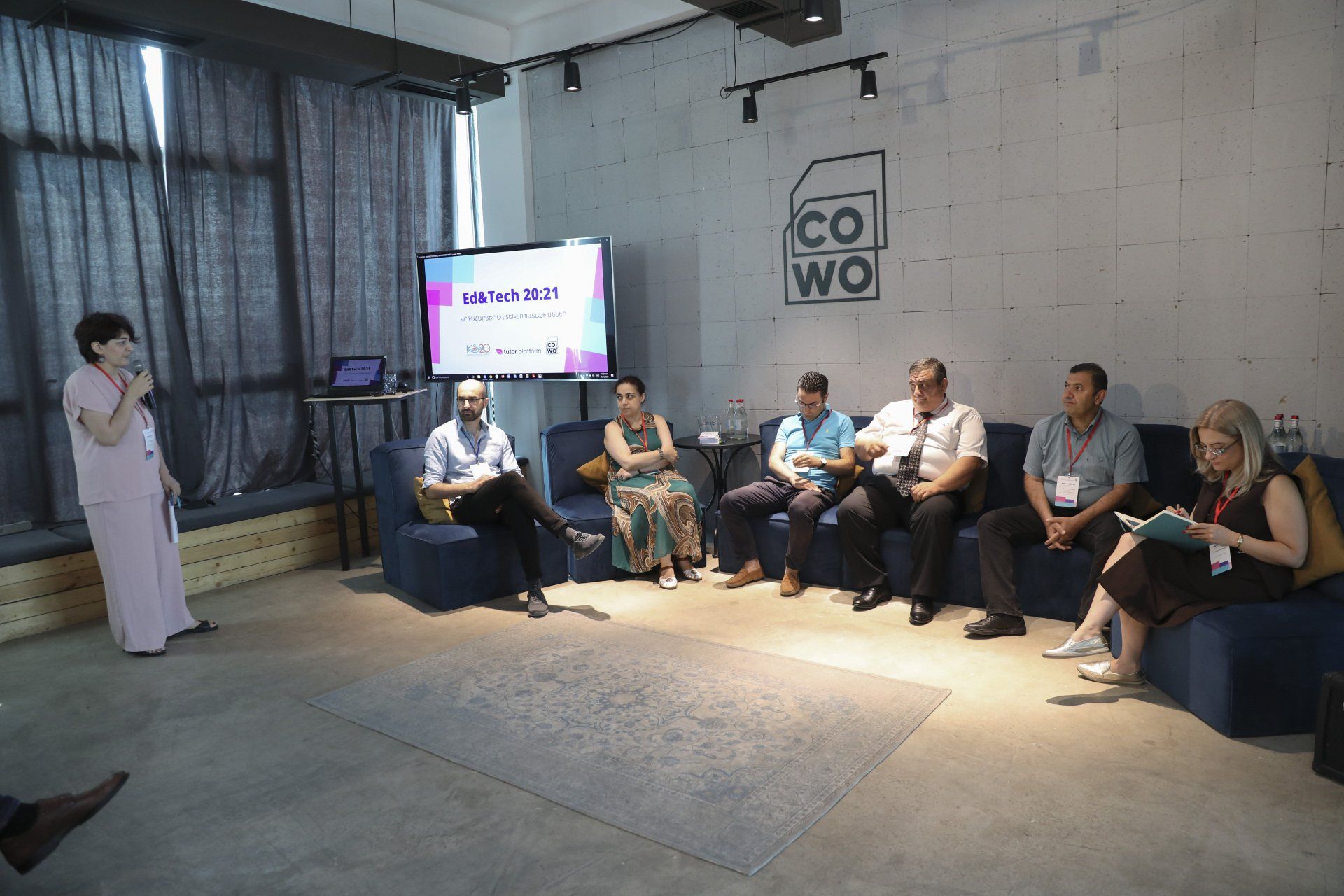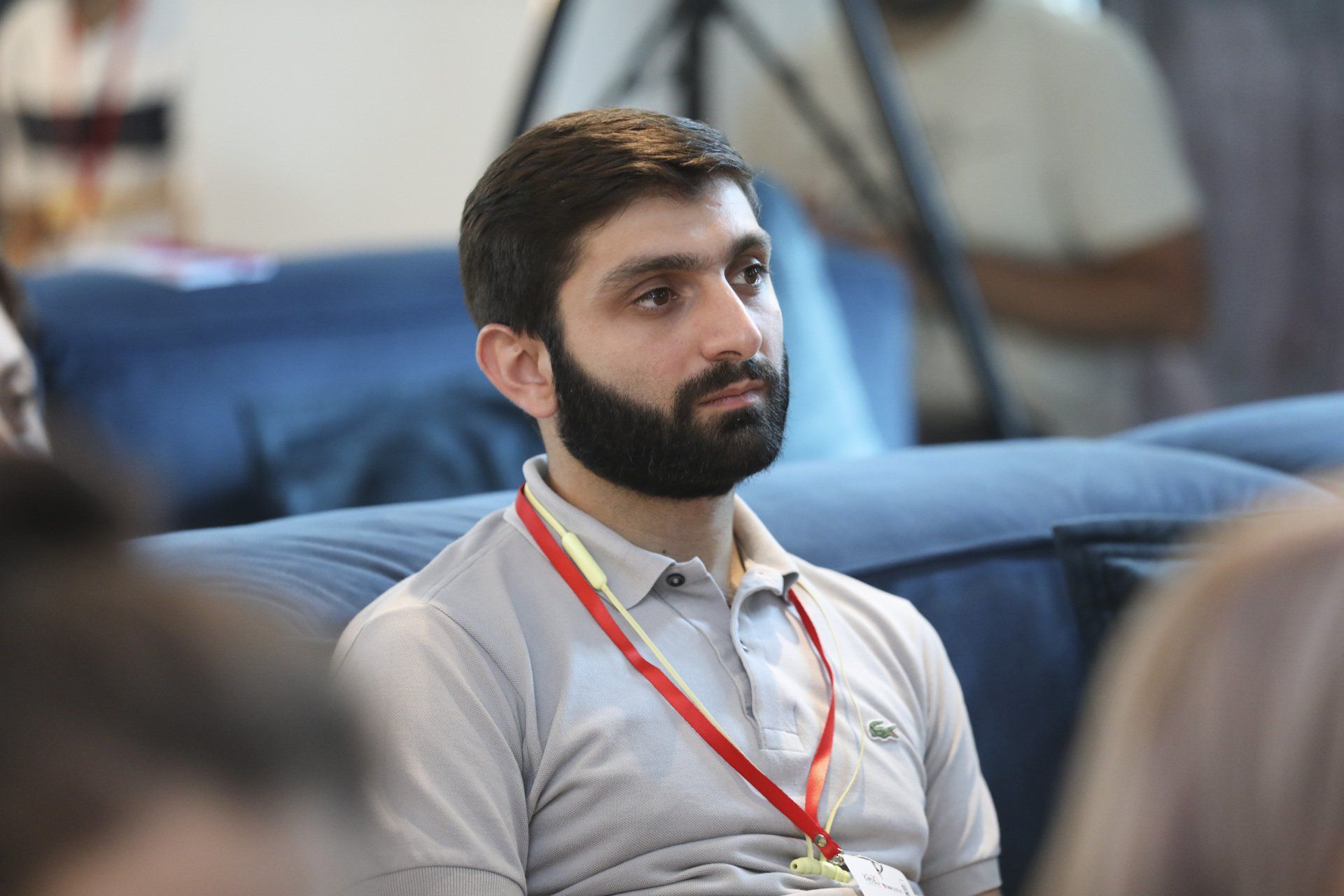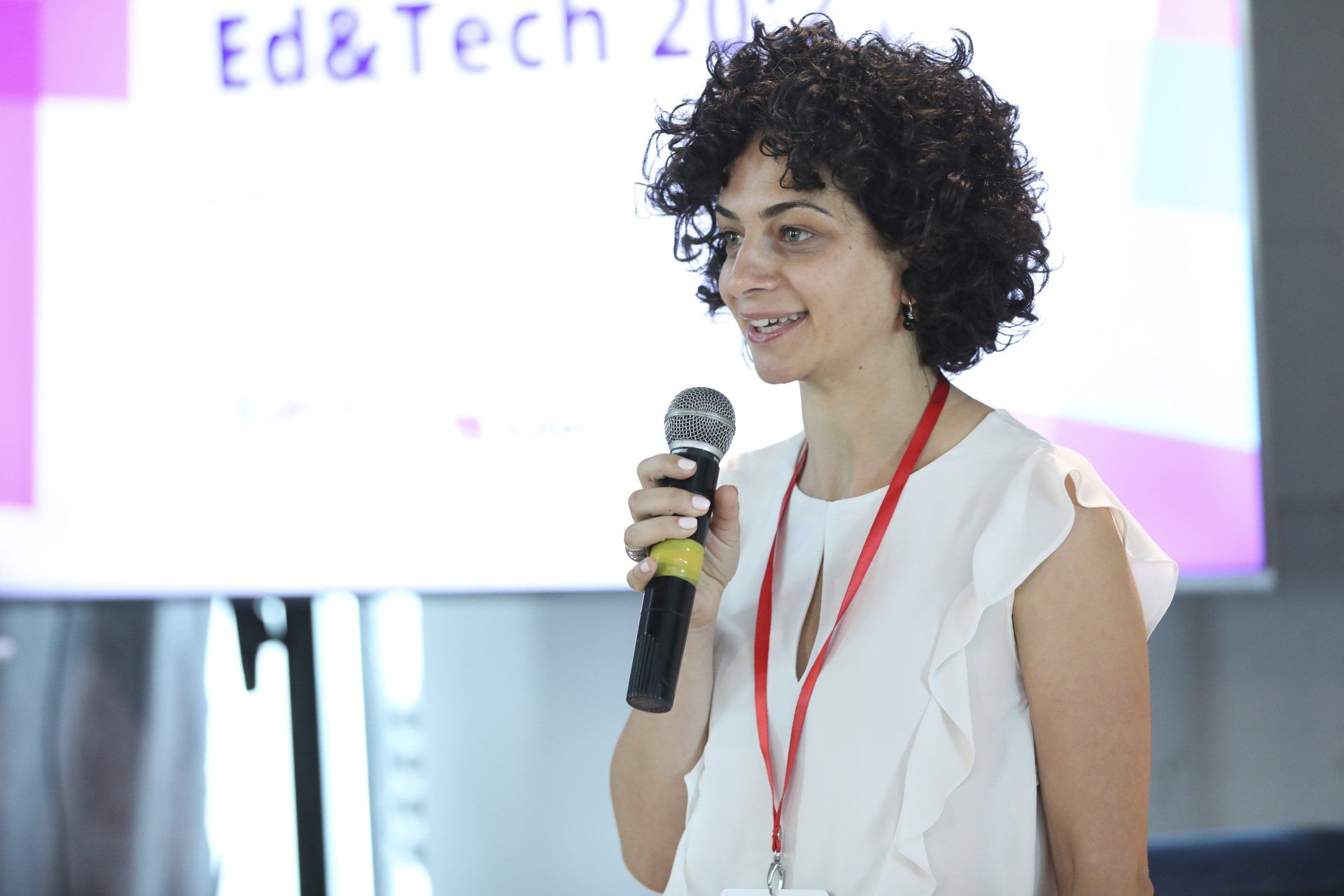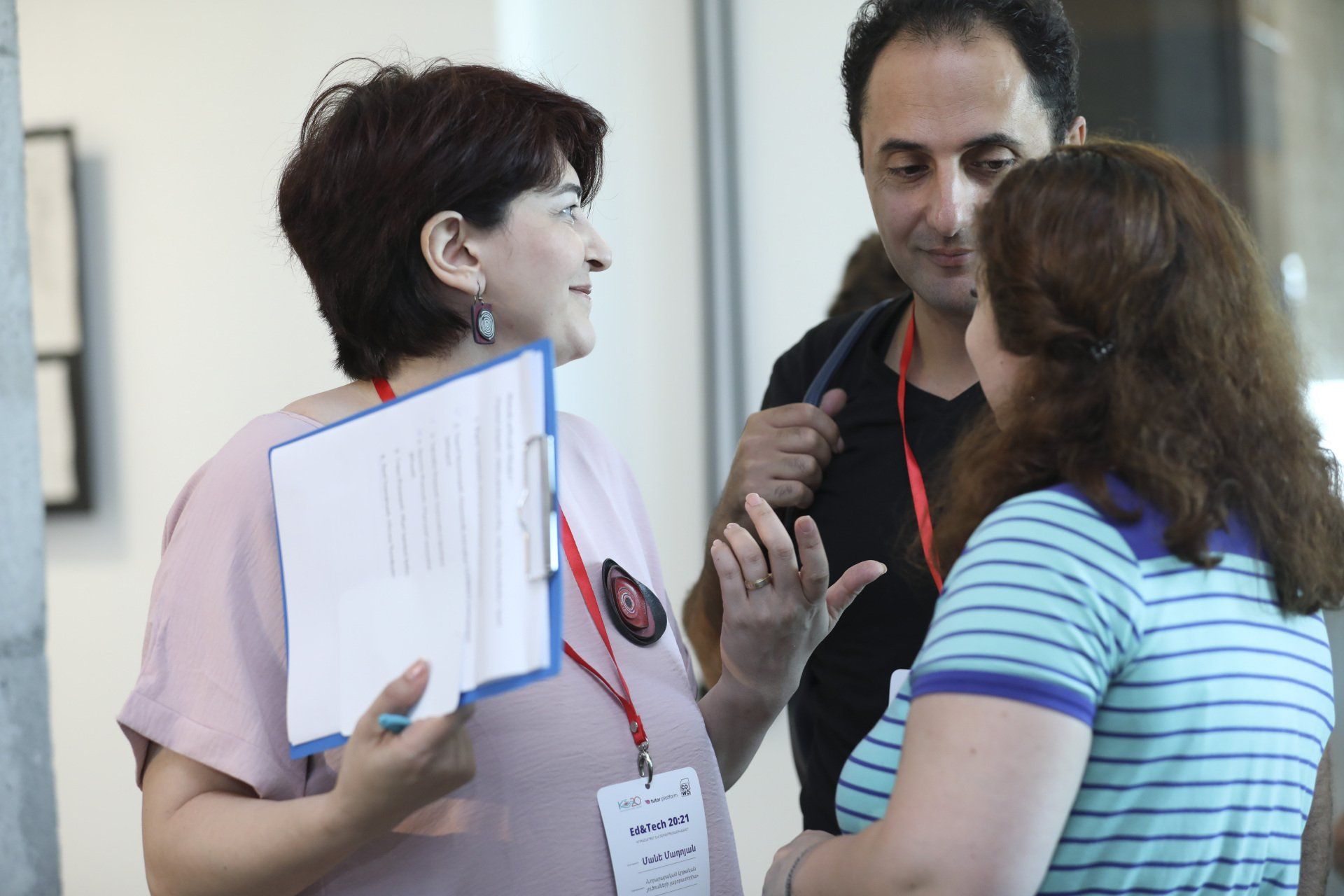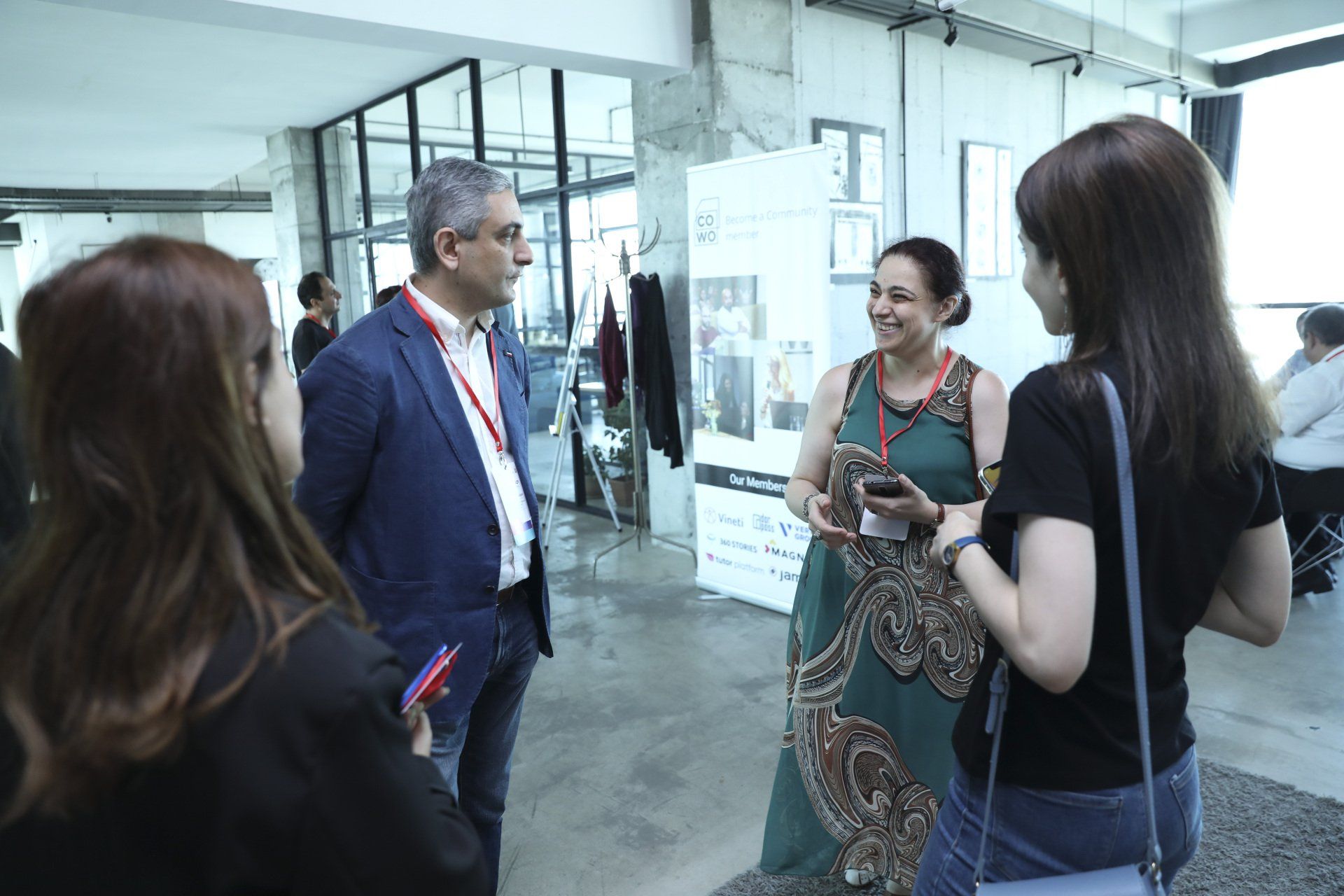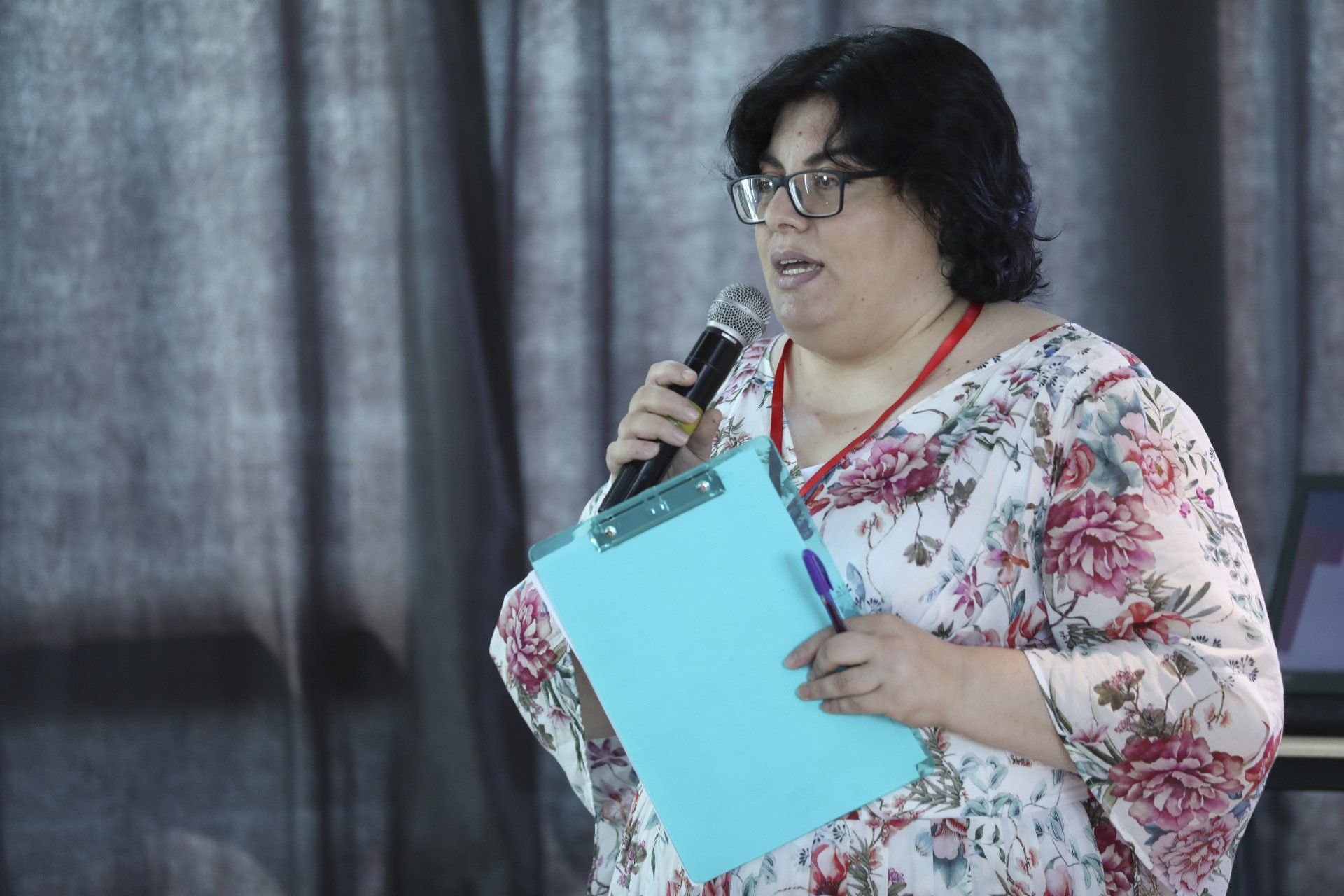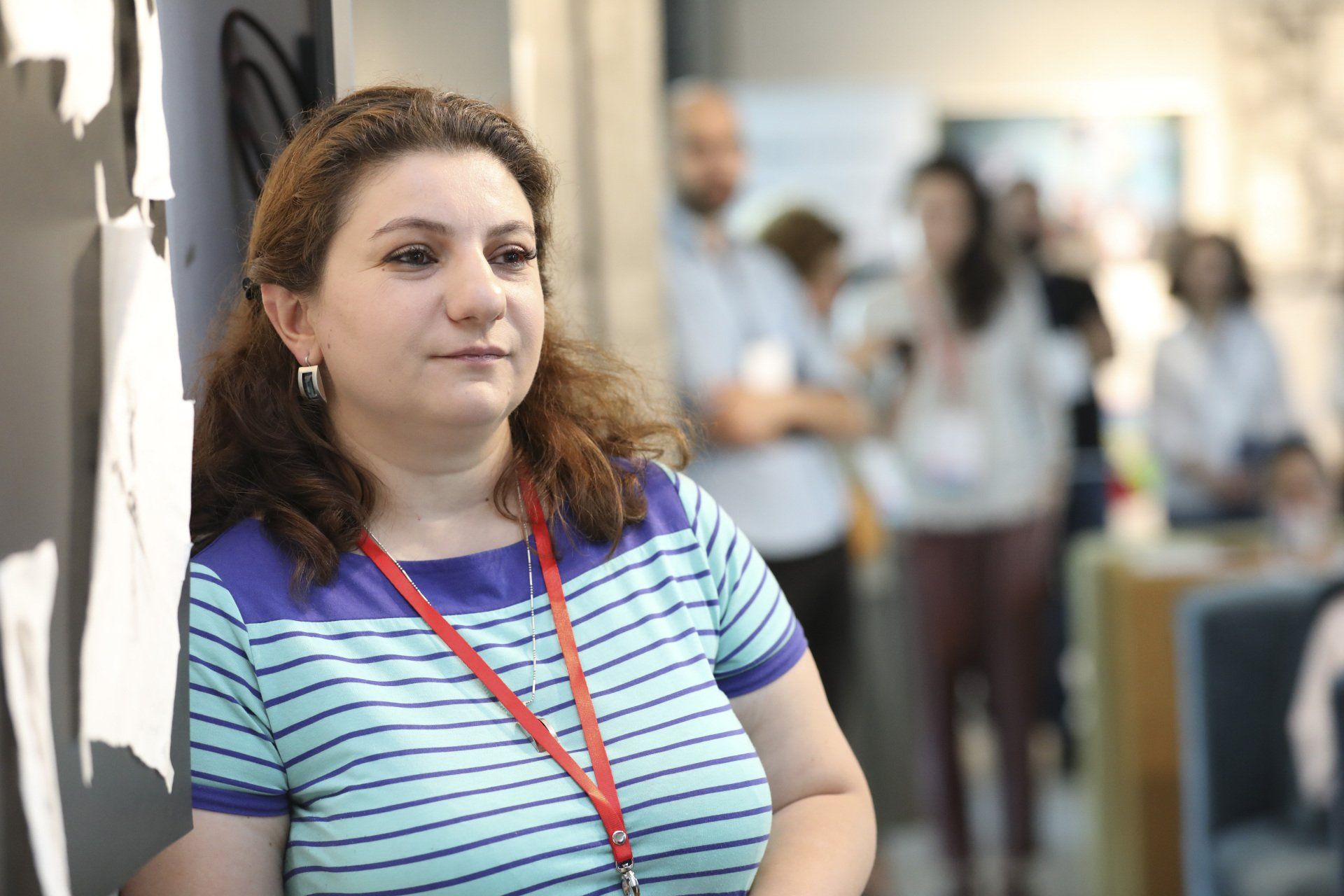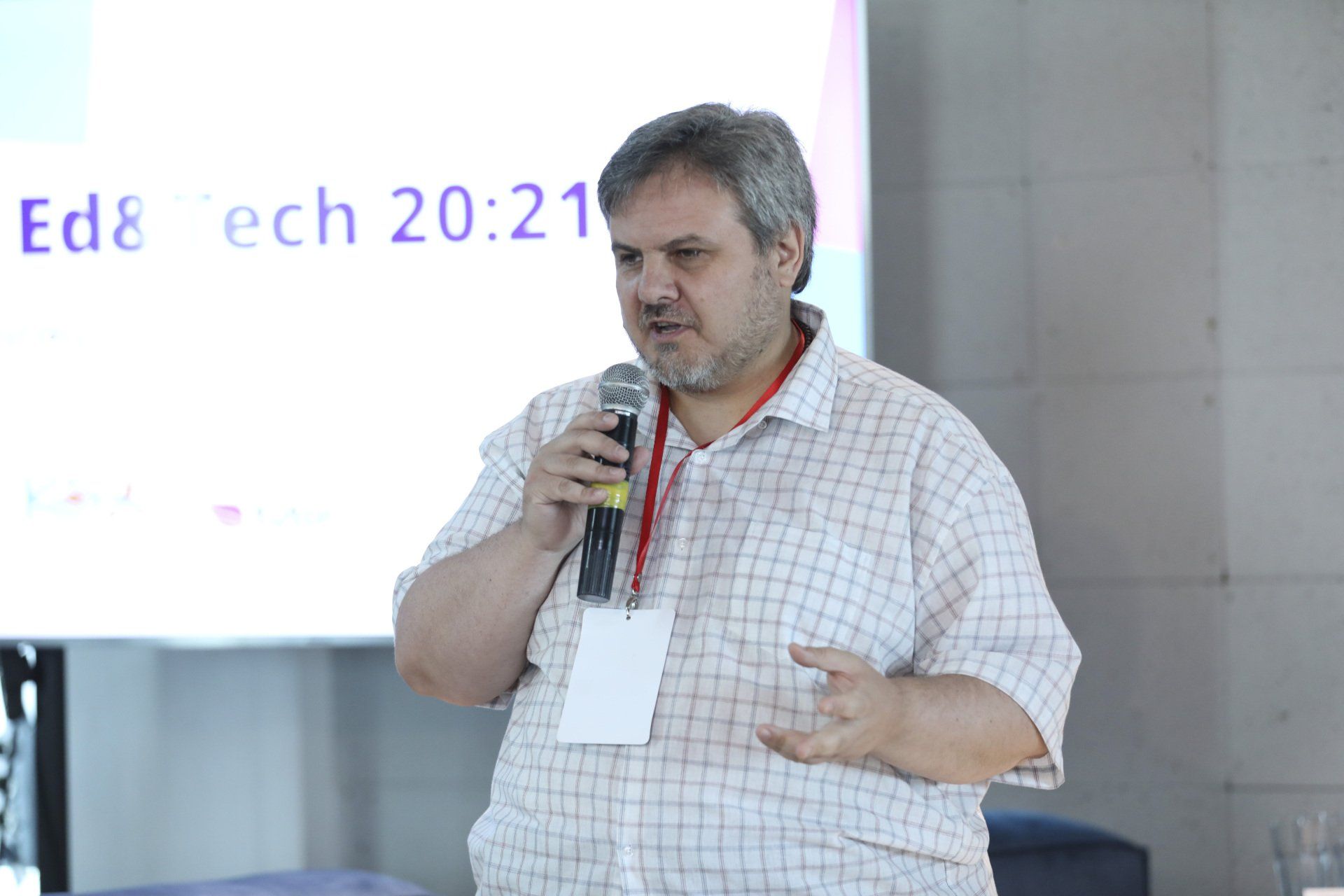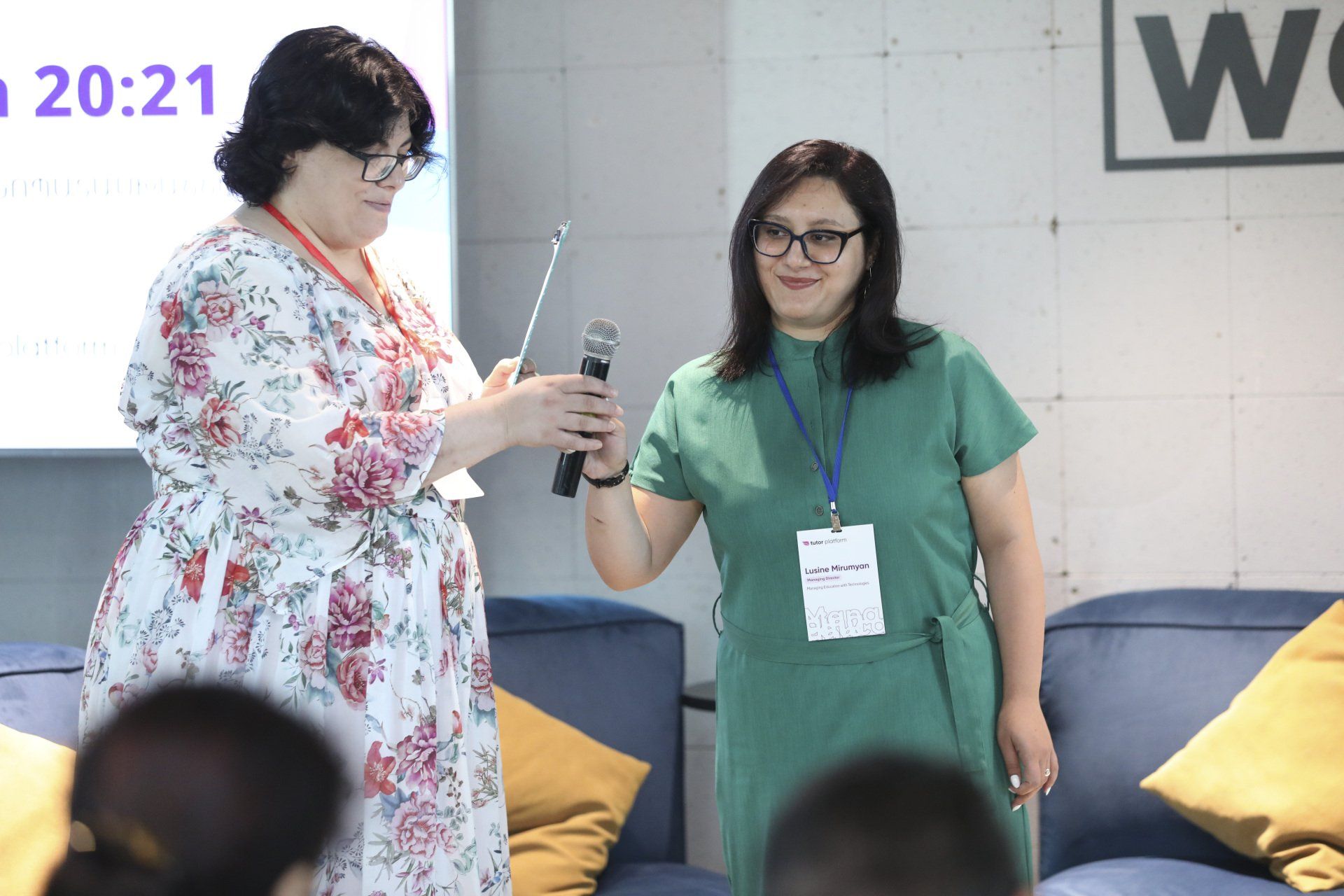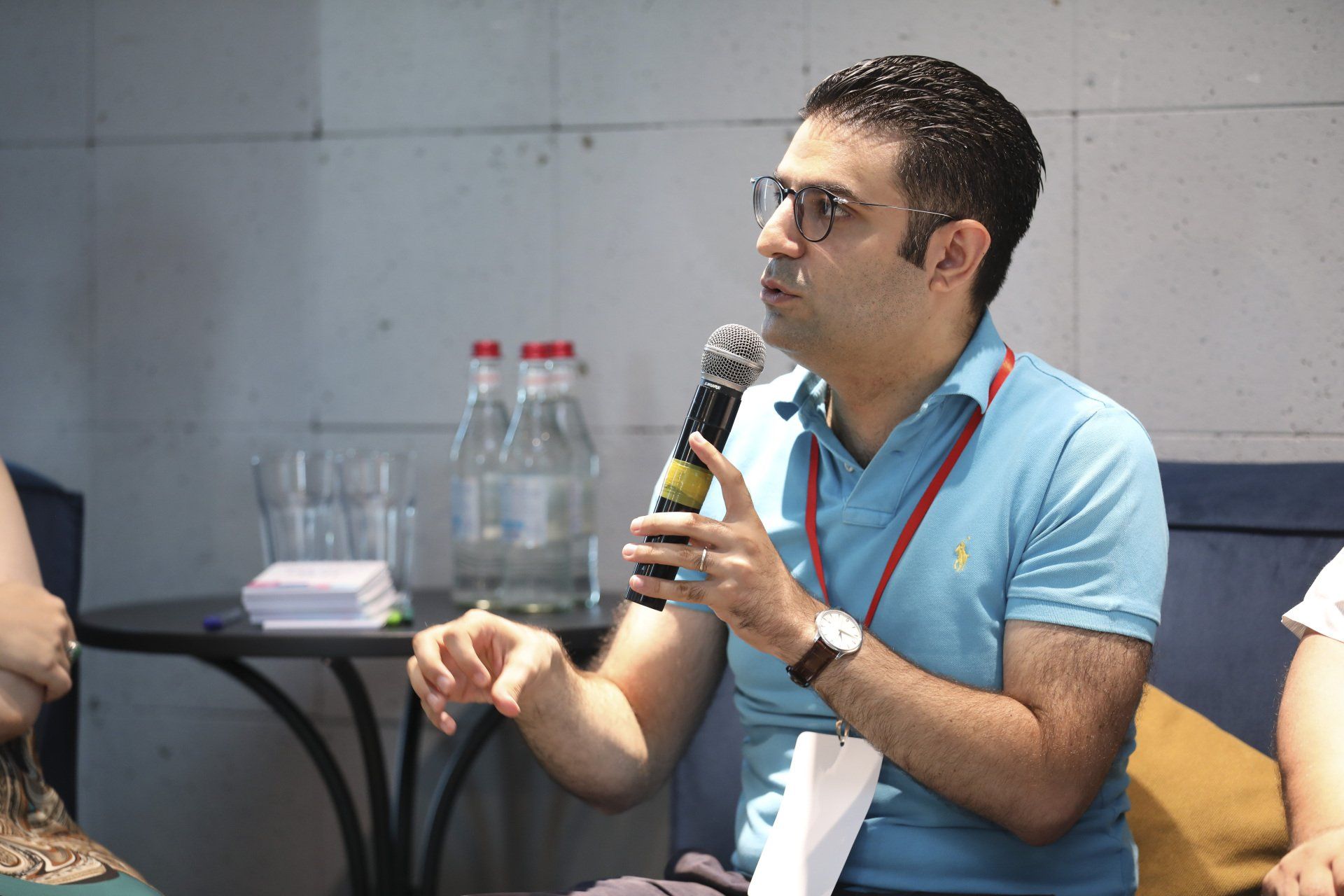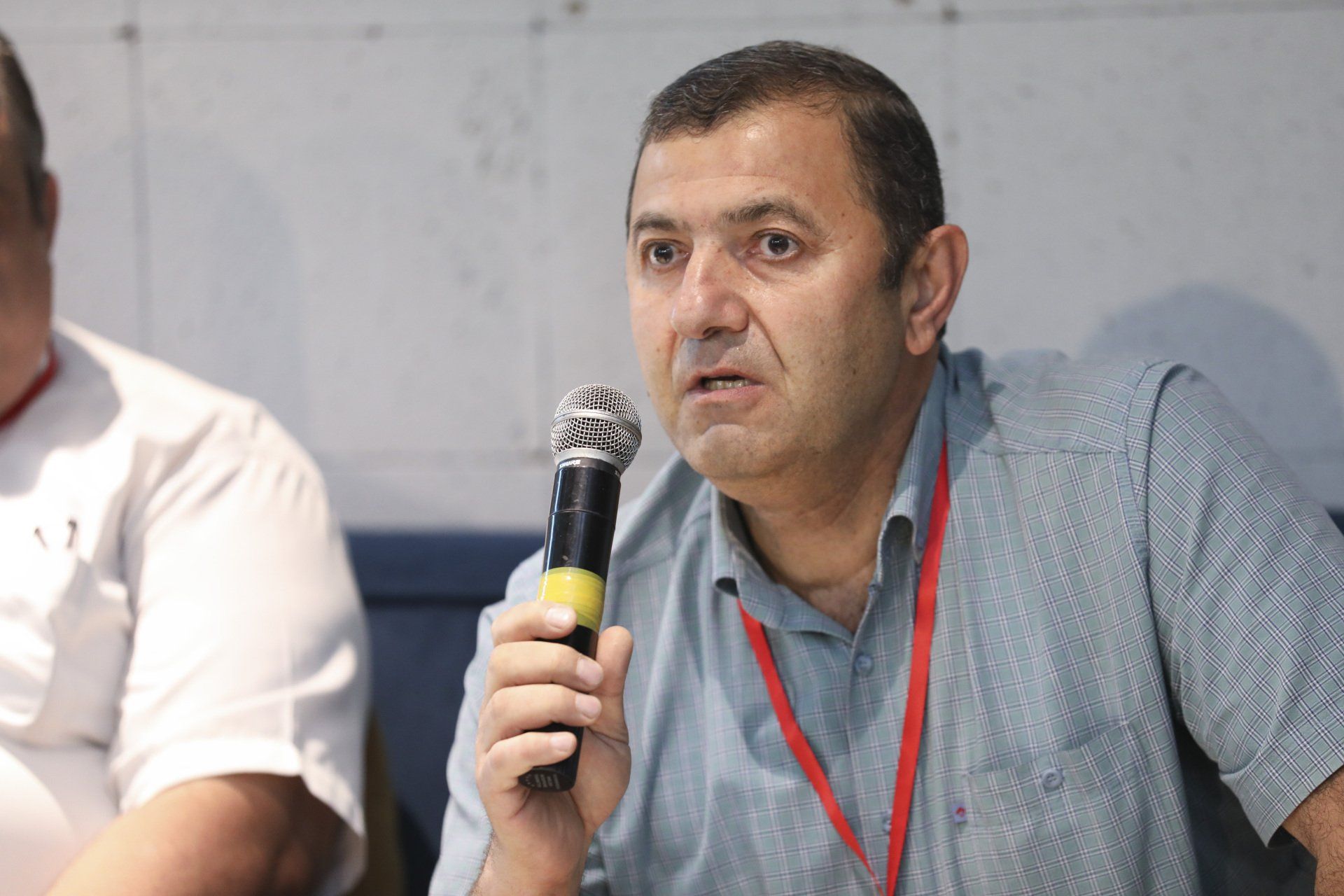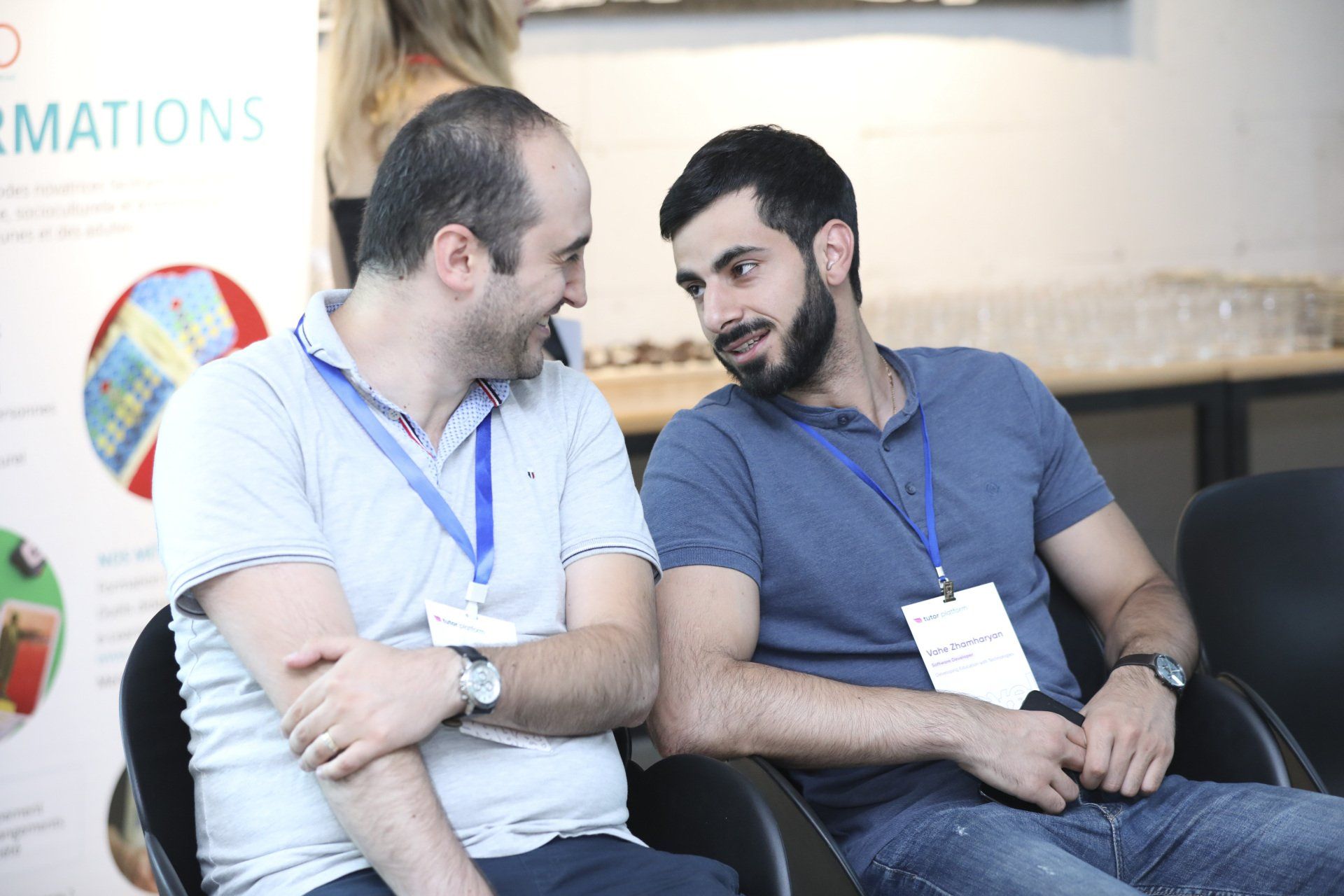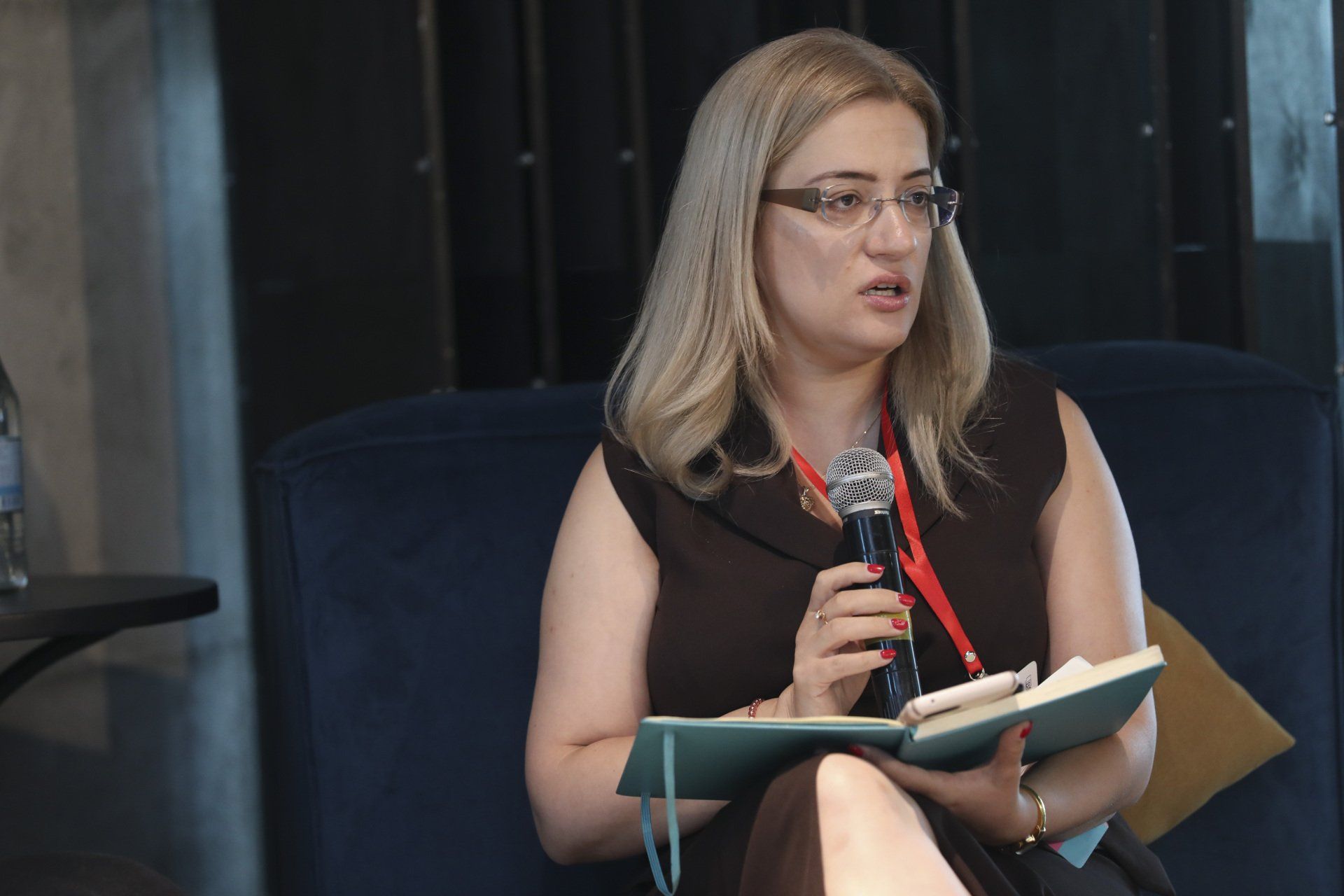Strengthening the Bond between Education and Technology
"Ed&Tech 20:21: Education Questions and Technology Answers" conference took place on the 17th of July, 2021, in the COWO community workspace (Hakob Hakobyan 3, Mergelyan Institute, 11th floor). It was initiated by "KASA" Swiss Humanitarian Foundation and "Tutor Platform" educational-technological platform.
The aim of the conference was starting a dialogue with the direct participation of the educational and technological communities on the existing challenges, experience, used tools, giving the opportunity to build new contacts, mutual assistance, cooperation, synergies with partners.
The conference brought together more than 80 specialists in the fields of education and technology - teachers, educational experts, representatives of the technology community, educational institutions, government agencies.
The conference started with Tatevik Baghdasaryan’s (Director at the “KASA” Foundation), Lusine Mirumyan’s (Managing Director at the “Tutor Platform”), Davit Sahakyan’s (Deputy Minister at Ministry of High-Tech Industry), and Areg Tadevosyan’s (Expert of Education, Personal Growth and Social Entrepreneurship) greeting speeches.
Then the "Educational Problems, Technological Solutions, Existing Challenges and Experience" panel discussion was launched. Mane Madoyan (Project Manager at “Freedom of Information Center of Armenia”) was the facilitator. The speakers were Aram Karapetyan (Founder and CTO at "Tutor Platform”), Sedrak Vardanyan (Project Manager at "Armath" Engineering Laboratories), Korioun Khatchadourian (Managing Director at "COAF" Smart Center), Artashes Torosyan (Director at "NCEDI" Foundation), Kristina Sargsyan (Dean of Faculty of Computer Science and Applied Mathematics at UFAR), and Naira Margaryan (Teachers' Continuous Development Specialist at Ayb Educational Foundation).
During the panel discussion, Artashes Torosyan compared the actual culture of technology use and one of the scenes of the Armenian feature film "We and our mountains,” where the villagers do not know how to use the telephone in the office of Kolkhoz (Soviet agriculture) president. "The same is in our reality. We install the technology, but we do not tell people how to use it.”
Formal and non-formal education are not combined in Armenia. They exist in a parallel, but not in an interconnected versions," said Kristina Sargsyan, mentioning the uniqueness of “Armath" Engineering Laboratories in entering the formal educational field being a non-formal educational program.
“Teachers are overwhelmed with lots of duties, and they are not paid enough to be motivated to make a change. Usually, we look for a change when we see the value it will bring. I think educators do not see the real value of technology because of their overload. I am here today to tell education experts that the right technology exists, and we are here. Just welcome us!” said Aram Karapetyan.
"If one asks what we should do in the Ministry of High-Tech Industry, the answer will unequivocally be - Education," said Davit Sahakyan. He also mentioned that we need to be responsible for the change we want to see in education and technologies and never expect anyone to make it instead of us.
After a short break, Zaruhi Lavchyan, Project Manager at the “KASA” Foundation, conducted professional networking session, during which the participants had the opportunity to get to know each other better and exchange experiences.
Areg Tadevosyan had a fruitful speech about the effective ways of using technology in the educational system, the existing tools, the problems that appear in the educational process, their certain solutions and challenges.
At the end of the speech, we had a question and answer session, during which Hayk Daveyan, Co-founder and Director of Beyond Learning Hub, asked who should demand ed and tech development. Areg Tadevosyan emphasized the role of the business sector in this case. “Businesses need professionals. To have a professional workforce we need to have a better education system.”
After a short break, the participants engaged in 4 thematic discussion workshops.
- STEM and Technological solutions (Facilitator: Suren Mkhitaryan)
- Humanities and Technological Solutions (Facilitator: Vahe Salahyan)
- Civic Education and Technological Solutions (Facilitator: Zara Lavchyan)
- Lifelong Education and Technological Solutions (Facilitator: Areg Tadevosyan)
In the end, the discussions of the thematic workshops were briefly summarized, after which Tatevik Baghdasaryan, Lusine Mirumyan, and Armine Hayrapetyan (e-learning specialist at "KASA" Foundation) made closing speeches, promising that the EdTech network building will be continued.
